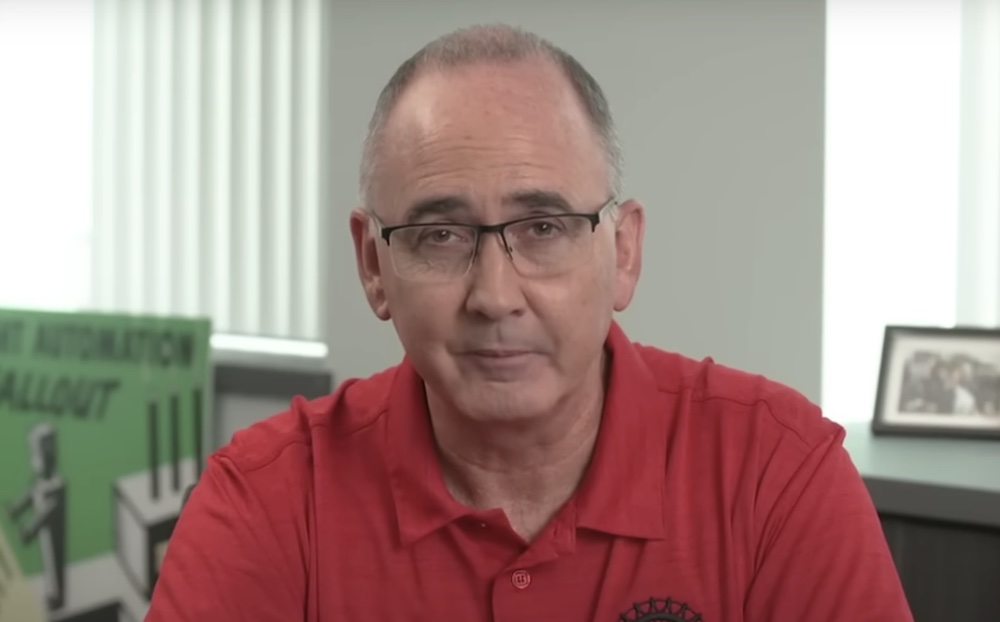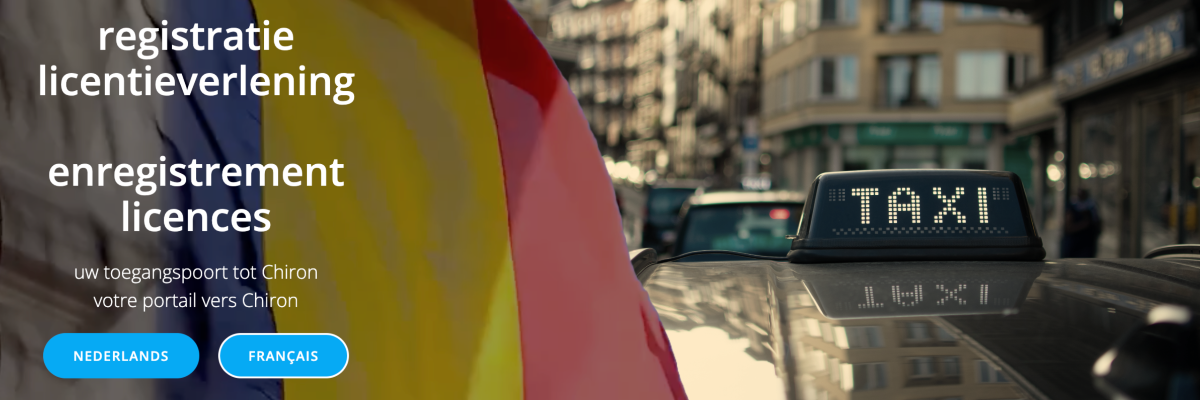In Europe, the European Commission is proposing to impose strict driving restrictions on young and older drivers.
Whether it concerns the expansion of airlines, the sustainability of urban logistics or the turbulent developments in the automotive industry and European driving regulations, the past week has clearly shown that mobility and economic dynamics are inextricably linked and are causing a stir worldwide .
JetBlue, the American budget airline, announced a extension of its services between New York and Curaçao, a move driven by growing demand for flights to the Caribbean island. Ruisandro Cijntje, the Curaçao minister responsible for tourism, sees this expansion as an important stimulus for the local economy. This announcement comes just as JetBlue is also spreading its wings to Europe, with a new daily connection between New York and Amsterdam Schiphol.
While airlines are pushing their boundaries, Ghent strives to become a forerunner emission-free urban logistics by 2030. The 'Urban Logistics Plan' aims to make freight transport within the R40, the ring road that encloses the city center, as emission-free as possible. Sofie Bracke, Alderman for Economy, emphasized that there will be sufficient time for the logistics sector to adapt to these ambitious plans, and advocates a uniform framework from the Flemish government.
In the United States, the expiration of the collective labor agreement in the automotive industry has led to a staking among employees of the 'Big Three': Ford, General Motors and Stellantis. Shawn Fain, the new president of the United Auto Workers, is demanding a 40 percent wage increase over the next four years, raising tensions in the industry.

In the United States, the auto industry is in turmoil as workers from the "Big Three" – Ford, General Motors and Stellantis – have launched a high-profile strike. The new president of the United Auto Workers (UAW), Shawn Fain, is speaking out strongly about outdated wage structures, while the top executives of these companies have awarded themselves large raises.
Meanwhile, the European Commission has made proposals to tighten the rules for young and older drivers, including speed limits and medical tests. The proposals are intended to improve safety, but also raise ethical and practical questions.
In the Netherlands the political discussion continued after Budget Day, with the debate in the General Political Considerations. One of the striking confrontations took place between Pieter Omtzigt and Sophie Hermans of the VVD about the economic feasibility for single earners. The PVV, on the other hand, strongly criticized what they see as the marginalization of Dutch motorists and called for a reduction in fuel taxes.
It is clear that it was a week of crucial decisions and lively debates that could set the tone for future developments in a variety of sectors. From tourism and aviation to the automotive industry and environmental policy, this week's events have highlighted the complex challenges ahead on multiple fronts.



